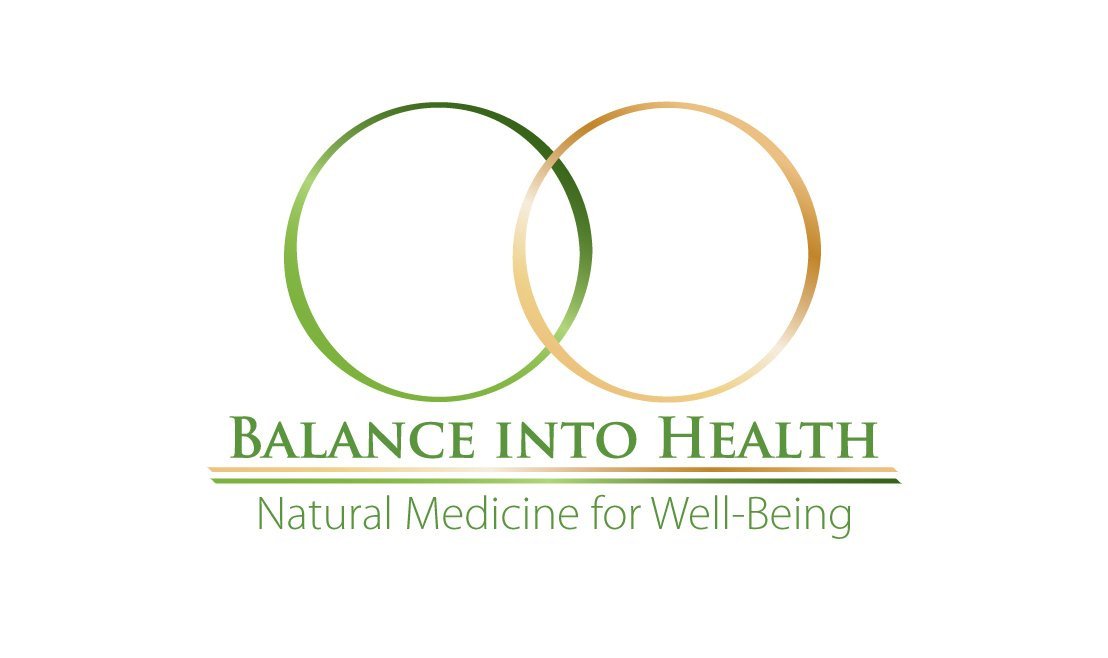Natural Approaches to Hormonal Balance
The problem of hormonal imbalance is often oversimplified in many conventional doctors’ offices. This lack of support leaves women with one-size-fits-all solutions that don’t get to the root of their symptoms or offer lasting results. Our bodies are already equipped with the natural potential to maintain hormonal balance for life. They just need to receive the right support so they can carry out this task on an ongoing basis.
More is Not Always Better — Estrogen and Menopause
In the view of conventional medicine, hormonal imbalance is caused by a lack of something and if you just add more of whatever that is, then balance will be restored. Yet, this approach often doesn’t promote long-lasting health. In alternative medicine, the view is that something caused the hormonal imbalance, and if you can identify and resolve the underlying cause, balance can be restored long-term.
Let’s look at estrogen and menopause as an example. Conventional medicine says menopause symptoms are caused by reduced estrogen, so if you just add estrogen, things will be fine, right? Not exactly. We know that women’s estrogen levels are already high in this country compared to undeveloped countries where menopause symptoms are less prominent, so more estrogen can’t be the answer.
Estrogen in Context
It’s more likely the ratio between estrogen, progesterone and testosterone is at the root of menopause symptoms. And the latest science points to variations in estrogen metabolites as having an important role as well — a problem that can’t be corrected by adding estrogen. We’re also learning how genes that drive our endocrine systems are turned on and off by dietary factors and emotional experience. In fact, our hormonal system is connected to, and influenced by, how we live our lives.
Your Overall Health Depends on a Balanced Hormone System
Our hormones are the messengers in our bodies. They are part of a vast communication network known as the endocrine system that directs how we sleep, breathe, metabolize food, and much more. Major organs make hormones, cells make hormones, and each talks to the other. Meanwhile your body has to metabolize all these hormones, producing hormonal by-products which have their own effects as well. Needless to say this is an incredibly complex system. And simply adding more of one hormone or another typically doesn’t solve root imbalances.
If you think of your endocrine system like an orchestra, adding more estrogen or progesterone is like adding more trumpets or making them louder without considering the rest of the musicians or the overall piece. Does this increased noise make better music? No. What helps create the music is the conductor, which is your body. Once you supply consistent support to your whole body, each hormone has clear directions and the resources to perform its function of keeping you healthy and strong.
Obtaining Hormonal Balance Naturally
The science behind hormonal imbalance is pretty well advanced. We know that imbalance is caused by poor nutrition, stress, toxins and lifestyle factors like lack of sleep and/or exercise. It may seem more complicated to find the link between each of these factors and your hormones, but remember — the body is a web of interconnected organs and cells that sends messages via hormones. The support we offer our endocrine system will communicate overall health and wellness to every system of your body.
The Four Pillars of Hormonal Balance
• Good nutrition: This includes eating whole, fresh fruits and vegetables, high-quality protein and healthy fats, and limiting sugar and refined grains. Your foundation for good nutrition isn’t complete without a medical-quality multivitamin/mineral supplement that can fill in any nutritional gaps. In this way you'll see improvements in your energy, mental clarity, and even your hair, nails, and skin.
• Stress reduction: You’ve heard this concept before, but how do you really do it? Stress reduction for many women often means changing their outlook on life, creating more unstructured time for themselves, and slowing down overall. As you work on this ongoing process, phytotherapeutic herbs can help by supporting your body.
• Limit toxins: The quantity of chemical compounds in our environment has increased exponentially. Many of the most pervasive chemicals cause estrogen-like effects when they enter the blood stream which can cause or exaggerate hormonal imbalance. Limiting your exposure to plastics and chemicals can make a huge difference. For example, its best to store food in glass containers, avoiding Teflon and other non-stick cookware as well as limit pre-packaged foods when possible.
• Lifestyle adjustments: Our busy lifestyles keep us from getting enough of two basic human needs: sleep and exercise. We need to sleep and we need to move our bodies. However, our modern habit of staying up late to work long hours, only to get up early and start all over again deprives us of restorative sleep. Poor sleep can disrupt the hormone melatonin, and ultimately our stress hormones, adrenaline and cortisol. Regular exercise helps regulate the hormone insulin and, especially when performed outdoors, the stress hormone cortisol.
The Benefits of Hormonal Balance
The good news is when you provide the support your body needs, you will be symptom-free, you’ll look younger than your age, you’ll have lots of energy and resilience, will naturally find your healthiest weight, you’ll sleep better and have more interest in sex and creativity.
For Further Reading:
• Healthline.com has an excellent overview on dietary habits for natural hormone balancing at https://www.healthline.com/nutrition/balance-hormones#TOC_TITLE_HDR_2.
• “How can I balance my hormones?” by MedicalNewsToday.com is presented at their page, https://www.medicalnewstoday.com/articles/324031.
• The website Real Simple presents thoughts on this subject at their article, “6 Foods That Help Keep Your Hormones in Balance”, found at: https://www.realsimple.com/food-recipes/recipe-collections-favorites/healthy-meals/hormone-balancing-foods.

